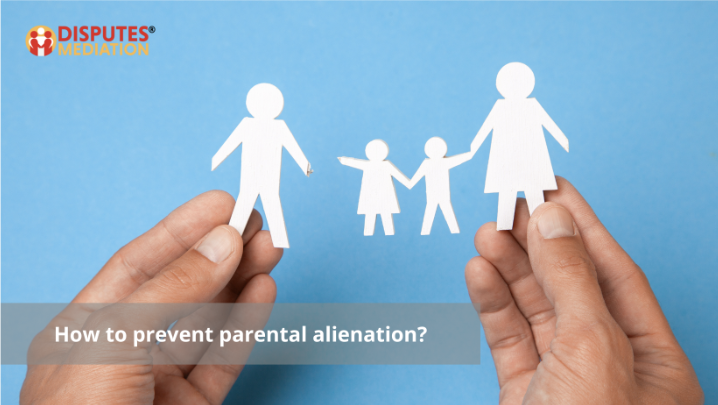Fostering Well-Being Amid Parental Alienation
Parental alienation is a heart-wrenching experience that deeply affects families, resulting in strained relationships and emotional turmoil. As individuals confront the challenges of this distressing journey, it is crucial to recognise the interconnected nature of well-being: mental, emotional, and physical. Nurturing all three aspects of well-being during parental alienation is essential to foster resilience and empower individuals to confront these challenges with strength and compassion.
Prioritising mental well-being is vital during parental alienation. The emotional toll of feeling alienated or disconnected from one’s child can lead to significant distress. Engaging in activities that promote mental wellness, such as mindfulness exercises, meditation, or seeking support from a therapist, can provide much-needed emotional grounding. Journaling can also be a valuable outlet for processing feelings and thoughts, allowing individuals to better understand and manage their emotions.
At the core of emotional well-being during parental alienation is the need for self-care. Taking the time to nurture oneself and engage in activities that bring joy and comfort is crucial for emotional balance. This may involve spending quality time with loved ones, pursuing hobbies, or simply finding moments of tranquility amidst the storm. Additionally, seeking support from friends, family, or support groups can provide a sense of validation and connection, reducing feelings of isolation.
Physical fitness plays a vital role in promoting overall well-being during parental alienation. Engaging in regular physical activity not only improves physical health but also has profound effects on mental and emotional well-being. Exercise releases endorphins, natural mood lifters that can alleviate stress, anxiety, and feelings of sadness. Incorporating fitness routines into one’s daily life can serve as a positive outlet to release pent-up emotions and tensions.
Moreover, physical fitness can be a source of empowerment and control during emotionally challenging times. Setting fitness goals and achieving them can provide a sense of accomplishment and boost self-esteem. Additionally, maintaining a balanced diet rich in essential nutrients nourishes the body and mind, supporting overall mental and emotional health. Another great way is to consider hosting a fundraising event to spread awareness about parental alienation. This will have a positive effect on your mental and emotional fitness, contributing to personal development. Doing so empowers individuals to navigate through challenges more easily while finding pathways toward healing and reconciliation – we can all do our part in supporting those affected by parental alienation by working alongside Parental Alienation Awareness. Be sure to reach out to them today to learn how you can help.
In conclusion, addressing parental alienation requires nurturing mental, emotional, and physical well-being. By prioritising self-care, seeking support, and engaging in regular physical activity, individuals can foster resilience and navigate these difficulties with strength and compassion. By David R Shubert





